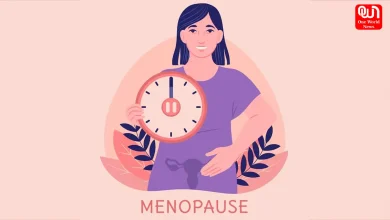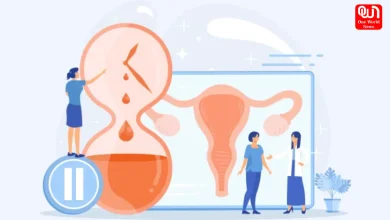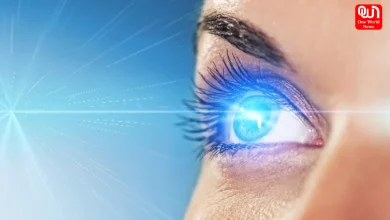Covid virus can persist in lungs for up to two years: Study
Study reveals Covid virus persists in lungs for 18 months, implicating immune response. Omicron strain shows lower persistence. Immune insights for COVID-19.
Prolonged Persistence: Covid virus Found Lingering in Lungs for Up to Two Years, Revealing Insights into Immune Response
In the realm of viral infections, some viruses discreetly linger within the body, taking residence in what scientists refer to as ‘viral reservoirs.’ A groundbreaking study conducted by the Institut Pasteur, in collaboration with the Alternative Energies and Atomic Energy Commission (CEA), has unveiled a startling revelation regarding the Covid virus—its ability to persist in the lungs of certain individuals for an extended period, up to 18 months after the initial infection.
Unveiling Viral Persistence in the Lungs
The study, published in the journal Nature Immunology, delves into the examination of lung cells in an animal model. Contrary to the general understanding that the SARS-CoV-2 virus becomes undetectable in the upper respiratory tract one to two weeks after a COVID infection, this research suggests a lingering presence within the lungs, pointing to a potential failure of innate immunity—the body’s primary defence against pathogens.
Read more: Practice These 5 Easy Yoga Poses For PCOS And Hormonal Imbalance
Viral Reservoirs: A Familiar Concept
The concept of viral reservoirs is not new; some viruses, such as HIV, exhibit latent behaviour within specific immune cells, potentially reactivating at any given time. The researchers propose that a similar scenario might be unfolding with the SARS-CoV-2 virus responsible for COVID-19.
Read More: US approves CRISPR gene-editing to treat sickle cell disease
Investigating Inflammation and Persistent Presence
Michaela Muller-Trutwin, Head of the Institut Pasteur’s HIV, Inflammation, and Persistence Unit, notes, “We observed that inflammation persisted for long periods in primates that had been infected by SARS-CoV-2. We therefore suspected that it could be due to the presence of the virus in the body.” The study involved the analysis of biological samples from animal models infected with the virus, revealing persistent viruses in the lungs even when undetectable in the upper respiratory tract or blood.
We’re now on WhatsApp. Click to join.
Surprising Findings and Omicron Strain Comparison
Nicolas Huot, the first author of the study, expressed surprise at finding viruses in certain immune cells—alveolar macrophages—long after regular PCR tests yielded negative results. Additionally, the researchers cultured these viruses and observed their capability to replicate. Intriguingly, the study revealed a lower amount of persistent virus in the lungs for the Omicron strain compared to the original SARS-CoV-2 strain.
Unraveling the Role of Innate Immunity
The study’s focus shifted to understanding the role of innate immunity, specifically NK (natural killer) cells, in controlling these viral reservoirs. Muller-Trutwin emphasized, “The cellular response of innate immunity, which is the body’s first line of defence, has been little studied in SARS-CoV-2 infections until now.” The study uncovered that some animals displayed resistance to SARS-CoV-2-infected macrophages to destruction by NK cells, while others exhibited adaptive NK cells capable of adapting to the infection and destroying resistant cells.
Implications for Immune Response
This research sheds light on a mechanism that could explain the existence of viral reservoirs, suggesting a potential link between the presence of the virus and the adaptive capabilities of NK cells. Individuals with higher levels of the virus demonstrated not only an absence of adaptive NK cells but also a reduction in NK cell activity. These findings open new avenues for understanding the intricacies of immune responses to SARS-CoV-2 and may influence future therapeutic approaches.
In conclusion, the study underscores the need for continued research into the persistence of the SARS-CoV-2 virus and its implications for long-term immunity, providing valuable insights that could shape our understanding of COVID-19 and guide future medical interventions.
Like this post?
Register at One World News to never miss out on videos, celeb interviews, and best reads.








